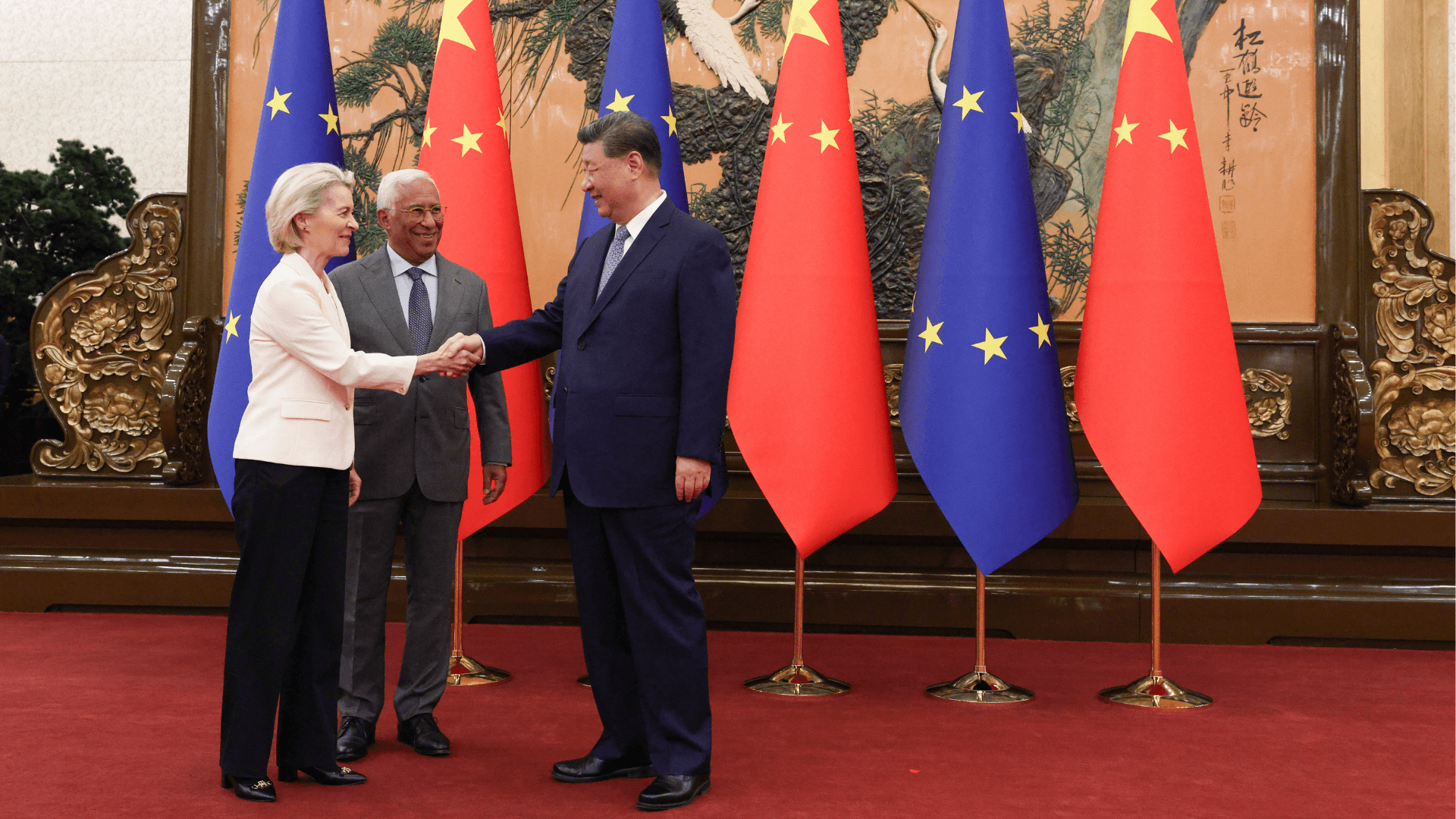The political geography of Central Europe is slowly changing, and the latest news comes from Prague. The Czech Republic, which was usually seen as the stable pro-Western anchor of the Višegrad Four, has just delivered another cold shower for many.
Andrej Babiš and his ANO party staged a dramatic comeback, winning the parliamentary elections with approximately 34.5% of the vote. This victory is something that immediately raises questions in Brussels.
For years, the Czech Republic was one of Ukraine’s most reliable supporters. However, it is now quite possible that it will join the so-called illiberal axis formed by Hungary’s Viktor Orban and Slovakia’s Robert Fico. The core question is whether Babiš will steer the Czech compass east or whether coalition politics will force him to keep it pointed west.
The Path to the Majority
Although Babiš won the vote, he didn’t win a majority. ANO secured around 80 seats in the 200-member parliament. This immediately locks the country into high-stakes coalition talks.
The path to power is clear: Babiš must seek the support of the right-wing fringe parties, specifically the Freedom and Direct Democracy (SPD) party and the surprising newcomer, the Motorists for Themselves. These three parties together could potentially cross the 101-seat majority threshold.
Here is where it gets risky. The SPD is aggressively anti-immigrant, as well as openly anti-EU and anti-NATO. The Motorists’ campaign was marked by the notion to oppose the EU’s climate agenda and outright refuse to implement the new emissions trading system.
Babiš himself has repeatedly stated a desire to form a minority government, but this arrangement would be entirely dependent on the continuous and conditional support of these two partners. This would, in practice, mean constant political leverage that creates a structurally unstable government.
Problems Abroad
The most concerning consequence is shown in the geopolitics of Central Europe and the EU. A Babiš-led government risks solidifying an illiberal core within the Višegrad Four. Before this election, the Czech Republic and Poland maintained a very strong pro-Ukrainian and pro-NATO stance, providing a counterweight to Budapest and Bratislava. However, with Babiš potentially aligning with Fico and Orban, the V4 could transform into a much harder, more disruptive anti-consensus bloc in Brussels.
The foreign policy shift will most probably be sharp. The previous Fiala government was actually one of the key players behind the EU’s joint efforts, including the Czech-led initiative to purchase ammunition for Kyiv. Babiš has campaigned on dramatically reducing or even completely halting military aid and focusing on domestic social spending instead. Those statements are aimed at addressing high inflation and cost of living issues that voters prioritised over foreign policy last weekend.
A shift in Czechia would mean that the EU loses a critical swing vote on key issues like Russia sanctions, military aid packages and the EU’s migration pact. For Brussels, the Czech election result is a new strategic challenge that complicates achieving the necessary unanimity required in order to have an effective joint foreign policy.
The Smooth, Smooth Talk
In terms of domestic policy, ANO’s campaign was strongly socially and nationally oriented. Babiš promised to raise pensions, lower the retirement age and protect several key sectors. Most importantly, he also came to the idea of nationalising ČEZ, the country’s largest corporate energy supplier. Such a move would be a significant intervention that would change the Czech energy market and raise some serious concerns among foreign investors.
On the environmental issue, the coalition with the Motorists Party would definitely cause a clash with Brussels. The core policy disagreement will most probably be over the European Green Deal. The incoming government is expected to challenge the decarbonisation targets and oppose the new carbon taxation mechanisms, with the argument that these measures unfairly burden Czech industry and people in rural areas.
Czech voters have decided to prioritise domestic economic stability over its traditional role as a regional liberal leader. The government that emerges will more likely than not be unstable, reliant on anti-establishment factions, and inevitably disruptive in Europe. While this does not necessarily mark a complete turnaround from the West, it does represent a strong tilt away from its political center. This is a very clear signal that the economic pressures of recent years continue to drive Central Europe towards a more “national-interest-first” future.
Photo: Official X account of Andrej Babiš



